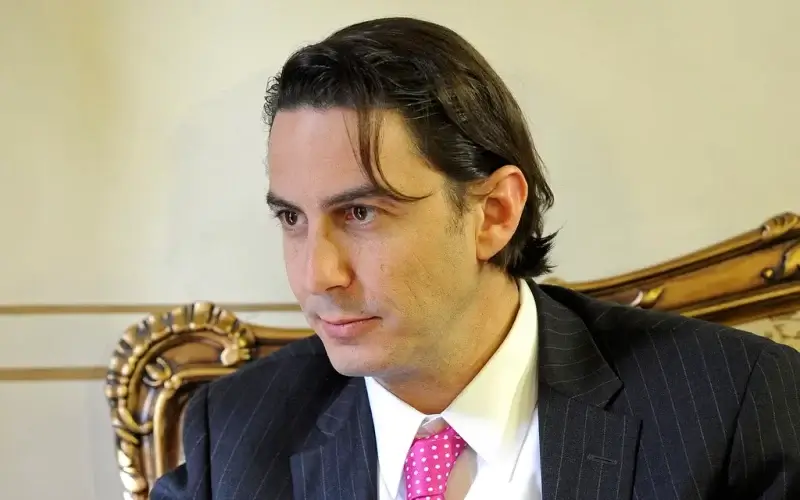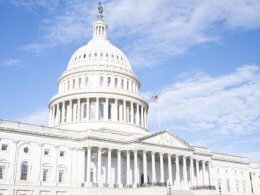Russia's energy revenue might be higher now than it was before it launched a war in Ukraine, according to the top U.S. energy diplomat, who attributed the uptick to higher-than-expected oil demand and an increase in exports.
Speaking on Thursday before members of the Senate Foreign Relations Committee’s Subcommittee on Europe and Regional Security Cooperation, U.S. energy security envoy Amos Hochstein was asked whether Moscow is making more on its oil and gas sales than it was before the start of the war in February.
“I can’t deny that,” Hochstein said.
Global oil demand coming out of the COVID-19 pandemic, Hochstein added, has been "far greater, [far] stronger, than anyone predicted."
His remarks come after the European Union passed another round of sanctions banning all Russian seaborne oil imports earlier this month, which comes as the bloc seeks to reduce its dependency on Russian fossil fuels. (The United States and the United Kingdom also separately banned Russian oil imports earlier this year.)
Some analysts have warned that the phased-in nature of the EU’s oil embargo might prove counterproductive in the short-term, touching off a surge in crude prices that would pad Russia’s pockets as the bloc seeks to secure alternative suppliers — while also giving Moscow time to lock down new export opportunities.
Hochstein acknowledged as much on Thursday, noting that even though Russia is selling its crude at a deeply discounted price, high oil costs have likely driven up Russia's net revenue.
Analysts from the Brussels-based economic think tank Bruegel warned of such consequences in an op-ed for Politico EU early last month.
“Undoubtedly, one of the immediate consequences of the announcement of a phased-in embargo will be an increase in prices,” the analysts said. “And as Russian oil sales to the European Union will continue for several months to come, this could very well increase Russia’s profits, providing a short-term boost to its government budget as the war is raging."
Less than two weeks after the EU passed its oil embargo, these predictions appear to be coming to fruition: Prices for Brent crude climbed above $123 a barrel on Thursday, nearing a three-month high.
Meanwhile, India and China have also majorly stepped up their purchases of the discounted Russian crude. In May, India imported an average of 740,000 barrels from Russia a day, up from 284,000 barrels per day in April, and just 34,000 barrels per day a year earlier. Bloomberg reported earlier this week that India is now in talks with Russia’s state-owned oil supplier, Rosneft, to increase that amount even further.
On Thursday, Hochstein told lawmakers he believes there is a "ceiling" to how much oil India will ultimately import from Russia, though he declined to give additional details.
At the hearing, Hochstein, a senior adviser for energy security at the State Department, sought to drive home the role that the U.S. has played in a joint task force with the EU — even as he acknowledged that the bloc has placed a very tall order.
“Europe has put itself in a really precarious position, and we, the United States, are now in the position of helping them get out of this precarious condition,” Hochstein said.










